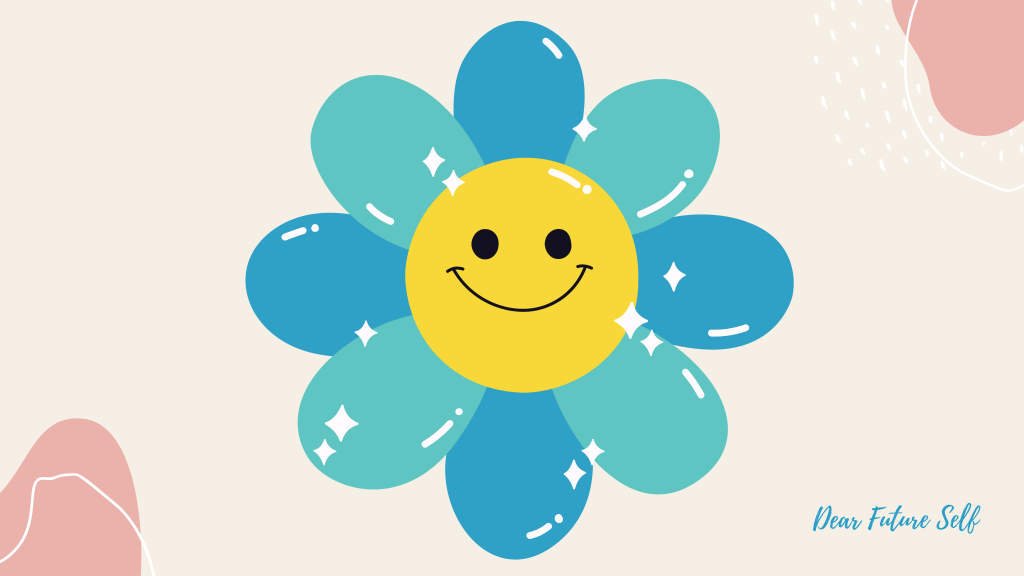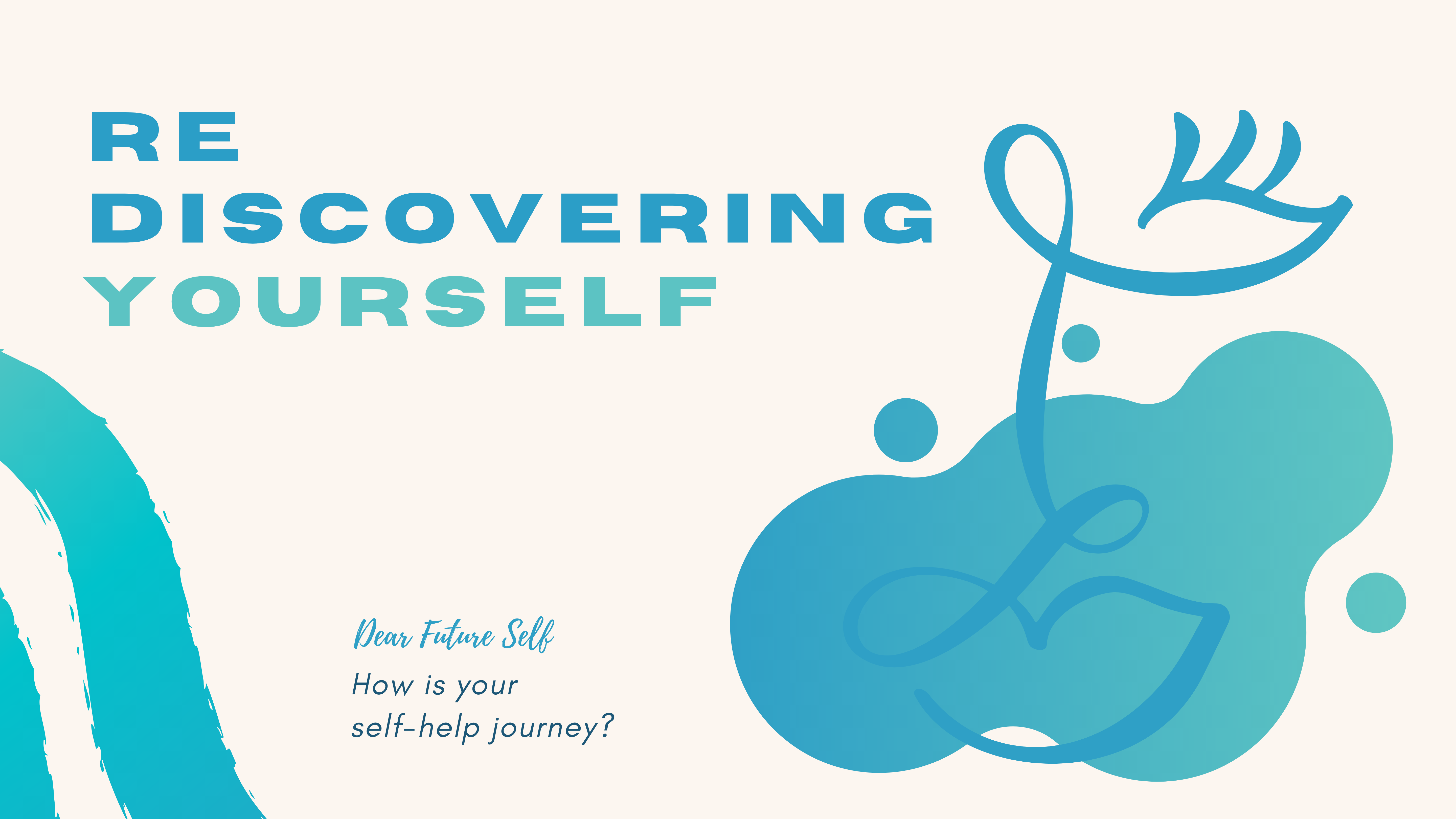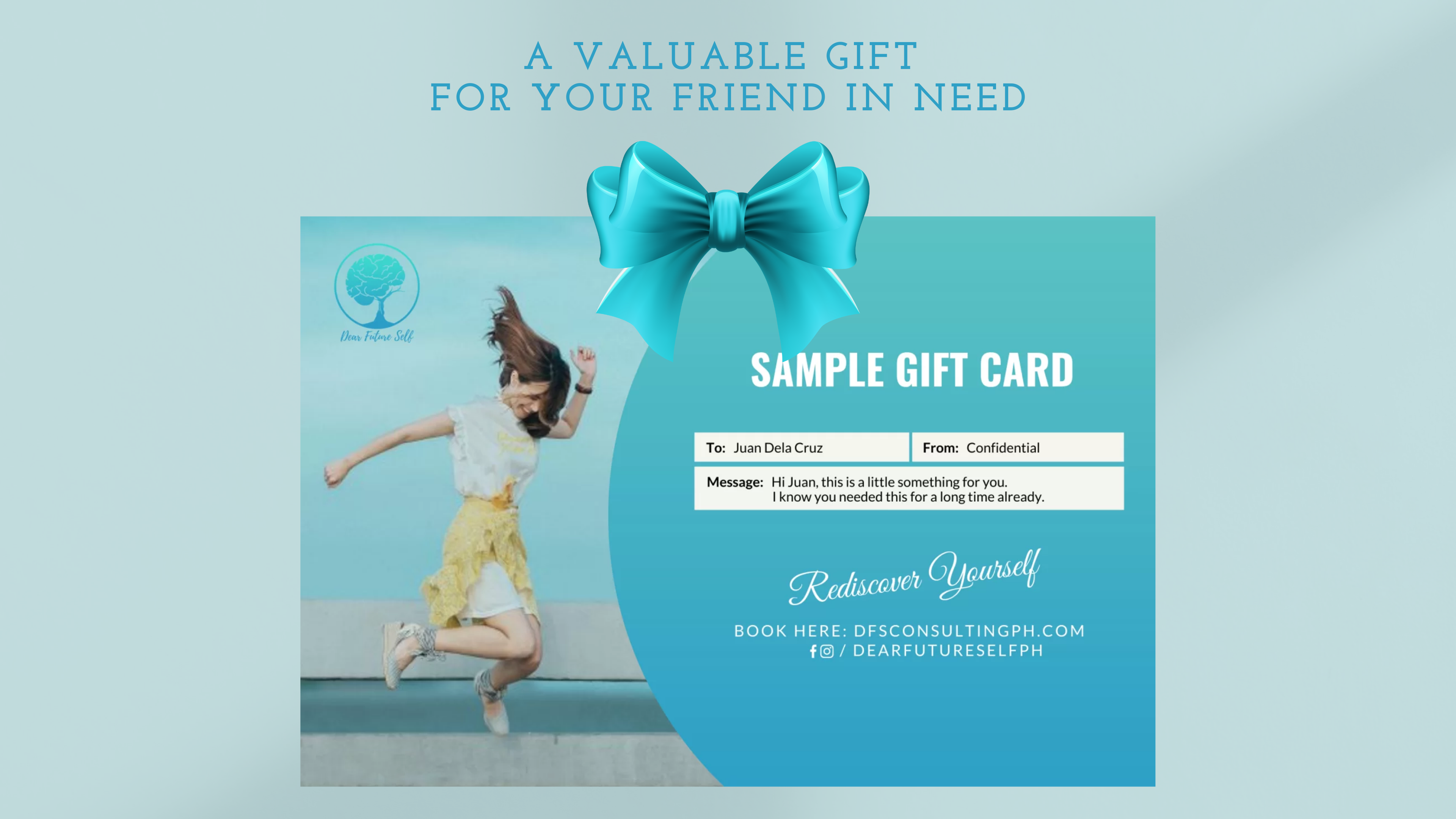
05 Jan Hello Change! Oh Wait.. Dealing with Changes
HOW TO DEAL WITH CONSTANT CHANGES?
Life is full of unexpected twists—career shifts, personal losses, lifestyle adjustments, or changes in our relationships and surroundings. These transitions can impact how we live, think, connect with others, and even how we view the world. So how do we adapt to these ongoing changes, and how do they shape us as individuals?
Coping with constant change takes time, reflection, and emotional acknowledgment. Adapting successfully means understanding our reactions and managing them in healthy, constructive ways. According to MindTools (2020), we typically go through four stages when responding to sudden and ongoing change:
1. Shock and Disorientation
When sudden change hits—such as a job loss, health concern, or relationship shift—it can disrupt our sense of normalcy. Feelings of confusion and uncertainty are common. In this stage, your emotional foundation may feel shaken, and it may be difficult to know what steps to take next.
What can help:
-
Seek out reliable information that can help you understand your situation.
-
Stay connected to people you trust for emotional and practical support.
-
Avoid misinformation, speculation, and gossip that may increase stress or fear.
2. Emotional Response: Anger, Fear, and Frustration
In the face of disruption, it’s normal to feel strong emotions such as anger, sadness, anxiety, or fear. You might feel overwhelmed by new demands or fearful about what comes next.
What can help:
-
Acknowledge what you’re feeling without suppressing your emotions.
-
Talk to someone you trust—family, friends, or colleagues—for perspective.
-
Give yourself time to process your emotions and avoid rushing through this stage.
3. Adjustment and Reorientation
Once emotions settle, you may begin to rediscover strengths, explore new routines, or find tools to help you adapt. This stage is about reorienting yourself and gradually aligning with new expectations or realities.
What can help:
-
Set realistic goals and focus on what you can influence.
-
Rebuild your routine with healthy habits and meaningful activities.
-
Accept that adapting is a process—it’s okay to take your time.
4. Acceptance and Moving Forward
At this stage, you’re better able to embrace change, apply past experiences to current challenges, and continue building on the relationships and skills that help you thrive. You begin to see the path forward more clearly.
What can help:
-
Reflect on what you’ve learned from past changes.
-
Use your experiences to stay grounded and flexible.
-
Stay open to new opportunities, and practice resilience with intention.
Embracing Change, Building Resilience
Coping with change doesn’t mean avoiding discomfort—it means learning how to move through it. Change is a natural part of life. Instead of resisting it, we can focus on building the tools that allow us to adapt and grow.
Here are a few strategies for handling constant change:
-
Assess what you can and cannot control. Focus on what’s within your power.
-
Practice regular self-care. Sleep, nutrition, movement, and relaxation all matter.
-
Pay attention to your thoughts. Stay aware of negative thinking patterns.
-
Draw strength from past experiences. Remind yourself how you’ve adapted before.
-
Clarify your priorities. Knowing what matters most helps guide your decisions.
How can your ![]() handle constant change in your own life, especially in uncertain times when outcomes are hard to predict?
handle constant change in your own life, especially in uncertain times when outcomes are hard to predict?
References:
MindTools. (2020, April). Coping With Change Facing Fear and the “New Normal”. https://www.mindtools.com/pages/article/coping-with-change.htm.
MindTools. (2020, April 23). The Four Stages Of Coping With Change. https://www.youtube.com/watch?v=pYGBYDgwtR8&t=9s.
Smith, PhD, LPC, K. (2020, February) The Psychology Of Dealing With Change: How to Become Resilient. https://www.psycom.net/dealing-with-change.
Self-Help Corner
Seek Professional Help

Gift Certificates & Self-Care Package
Connect with Us








